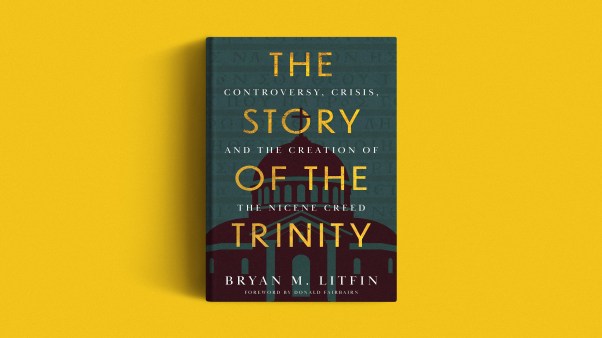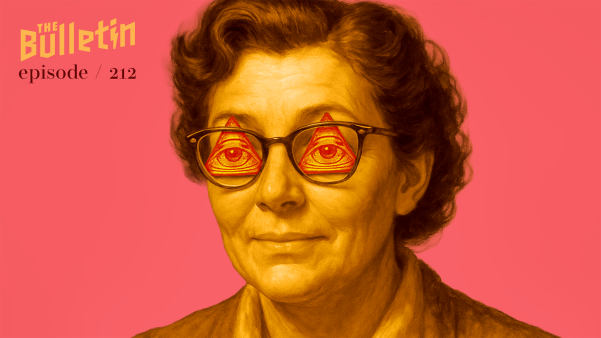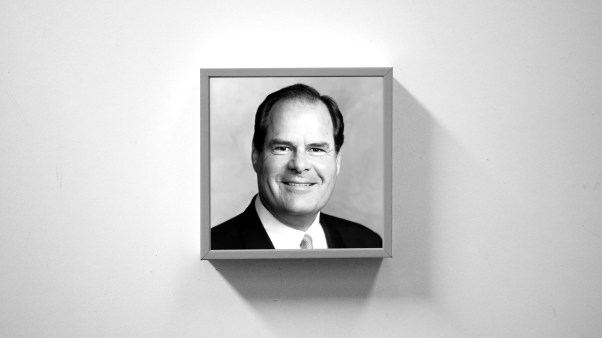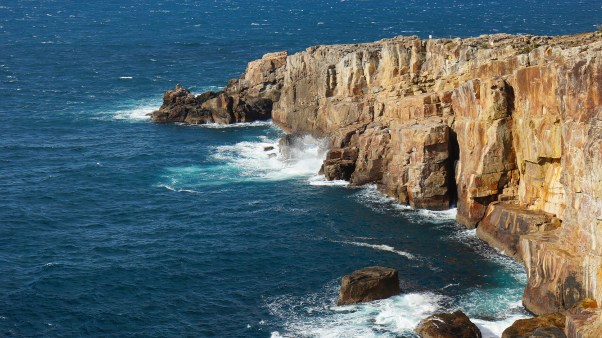Less than four months after the Berlin Wall was opened, evangelist Billy Graham preached to a crowd of 10,000 to 15,000 East and West Berliners who gathered near the historic Brandenburg Gate.
But the turnout for the March 10 outdoor meeting before the German Reichstag for the most part disappointed the East and West German Evangelical Alliances, which had requested Graham’s visit only six weeks prior to his arrival. More than three decades ago, in 1954, a similar service in Berlin attracted 80,000 people; another in 1960 had been attended by 90,000. Despite half-page advertisements in many newspapers, including the Communist party’s Neues Deutschland, imminent East German elections and a chilling drizzle apparently kept large crowds away.
In his message, which was aired live on East German state radio, Graham urged his audience to turn away from materialism, hedonism, and self-gratification and toward moral and spiritual values. The evangelist commented on the recent remark of Czechoslovakia’s new president, Vaclav Havel, who said the salvation of the world lay not in slick political slogans but rather in the human heart.
While hundreds responded to Graham’s call for dedication to God, the sounds of the “wall peckers”—young people chipping off pieces of the Berlin Wall—could be heard in the background. Several Christians climbed the wall holding a banner reading “God’s love has no limits,” while other believers sang on the East side of the gate. Graham Association coordinators reported receiving 1,600 response cards after the message. Some 1,100 of them came from East Berliners.
The hasty planning caused some disagreement among German Christians. Though the Lutheran bishops of both East and West Berlin issued a brief word of support, most of the local organizing work was done by free-church groups. Four of six preparation seminars, held in both East and West, took place in Baptist churches.
Organizers also had hoped to demonstrate the parity of East and West German churches. But West Berlin Methodists, on behalf of their East Germany brothers, refused to cooperate with the effort because “it was the West Alliance that invited Graham to come here,” said superintendent Karl-Heinz Voigt. “The East Germans had to climb onto a train which was already moving. That’s one of our biggest problems today, that the West keeps making decisions for the East.”
While East Berlin Methodists agreed with Voigt’s assessment, they regarded the opportunity to evangelize too important to ignore and cooperated fully with the visit.
Methodists also expressed concerns that the rally would interfere with the first free elections in the German Democratic Republic. (The date of the elections was moved up from May 6 to March 18 after plans for the one-day crusade were set.) Manfred Kern, general secretary of the East German Alliance, conceded: “We were initially quite hesitant because we felt political developments were so important to so many believers that an effort of this kind was inappropriate now. But for the sake of our unity, we did then agree to support the rally fully.”
The visit was Graham’s eighth to Germany since 1954. Talks are under way for a longer evangelistic campaign in 1992.
From reports by Bill Yoder and Wolfgang Polzer in Berlin.










